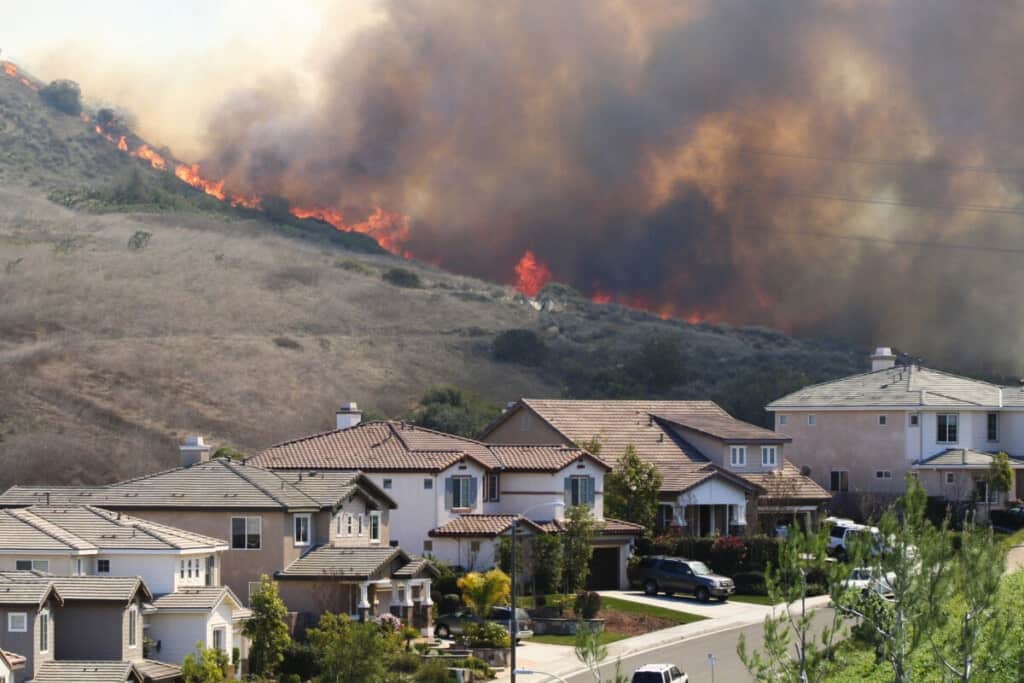
A fire in your home is one of the worst nightmares most homeowners can experience. It’s a stressful and a scary experience. The good news is that, even after something as devastating as a fire, you still have options to sell your house after fire damage.
Luckily, selling your house with fire damage is absolutely possible and homeowners around the country navigate the process successfully every year. We’ll walk you through your three main options. The best option for you will depend largely on the specifics of your financial situation, the extent of the damage, and your personal preferences.
Option 1: Make necessary repairs and then sell the house
Option 2: Sell your house as-is and disclose the fire damage to prospective buyers
Option 3: Sell the property as land and consider demolishing the house
| Option | Methodology | How to calculate profits |
| Option 1 | Make necessary repairs and then sell the house | Full repair costs + Higher sale price – Insurance payout = Net Proceeds |
| Option 2 | Sell your house as-is and disclose the fire damage to prospective buyers | Insurance payout + As-is sale price = Total proceeds |
| Option 3 | Sell the property as land and consider demolishing the house | After repair value – Construction costs for demolition = Land Value |
Option 1: Make the repairs and then sell your house for a price closer to pre-fire estimates
This option guarantees you’ll get the best price for your house. However, it won’t come without significant effort and time on your part. This process often takes weeks or months. Expect it to be a big commitment financially and in terms of your time. But for many homeowners, this option is the best way to recoup the investment they’ve made in the home.
| Advantages | Disadvantages |
| Higher sale price | High costs |
| Broader buyer pool | Time investment |
| Code compliance | Stigma remains |
| Peace of mind | Permit challenges |
This is a good option for you if:
- You have the money to pay for the cost of the repairs. In 2025, these costs typically range from about $3,000 to ~$51,000 according to data from Angi.
- The damage to the house was minimal.
- You have the time to manage the permitting and restoration process involved. All work must be permitted appropriately and all records will need to be presented to a future buyer.
- You want to maximize the sale price of the property.
Option 2: Sell the house as-is
This is a great option when the fire damage is very minor or for owners who have not built much equity in their home. It’s the fastest and easiest way to sell your house after a fire. When selling as-is, you should be prepared for a lower sale price.
You should also be aware that selling as-is can limit the buying pool for your property as some buyers with conventional mortgage financing may not be able to make an offer. Make sure to do your research and price the house appropriately.
| Advantages | Disadvantages |
| No repair costs | Lower sale price |
| Fast timeline | Smaller buyer pool |
| Insurance offset | Minimum repairs |
| Investor appeal |
Selling as-is would be a good option if:
- You don’t have much equity built up yet
- Repair costs are higher than you can afford
- You need to sell quickly
- The fire damage is fairly minor (this would be cosmetic or smoke damage)
- You know you’ll be receiving a generous insurance payout to make up for the reduced sale price
Option 3: Sell the land only
If you live in a popular area, you may want to sell the property for the land itself. This is also a good option if the house has sustained major structural damage in the fire. You’ll want to make sure to calculate the land value of your property before deciding to go with this option.
| Advantages | Disadvantages |
| Clean transaction | Lowest sale price |
| Faster sale process | Teardown costs |
| Clear pricing model | Limited buyer pool |
| Attracts serious buyers | Location dependent |
Selling the land only would be a good option if:
- Your land is relatively valuable even without a structure
- The cost to make repairs is higher than the pre-fire value (also known as the after-repair value or ARV)
- The house sustained serious structural damage in the fire
How to calculate the land value of your property
Understanding land value isn’t complicated once you know the formula. Here’s how professionals do it:
Step 1: Calculate after-repair value (ARV)
- Research comparable properties (comps) in your area
- Be sure to match size, condition, and features of nearby recently sold homes
- This will allow you to establish what the property would be worth if it was fully repaired
Step 2: Subtract construction costs
- Get estimates for complete rebuild or teardown
- ARV minus construction costs = land value (teardown value)
Example:
-
- ARV of comparable homes: $400,000
- Construction costs for rebuild: $250,000
- Land value: $150,000
Step-by-step guide to selling your house after a fire
After the fire, you should be sure to follow all directives from your local authorities. Do not return to your property until you are permitted to do so. You should also be sure to file a claim with your home insurance company ASAP.
Step 1: Get a professional damage assessment
After a fire has damaged your house, you need to get a thorough assessment to evaluate the full extent of the damage. You’ll also need to keep a copy of this assessment for the sale process.
It’s important to note that this assessment is NOT the same as the assessment your fire department likely gave you at the time of the fire. The assessment should be completed by:
- Professional home inspector with experience in fire damages
- Fire restoration specialist
- Structural engineer (if the house sustained major structural damage)
Why do you need this? Not all fire damage is visible to an untrained eye. Smoke often penetrates walls and can damage your HVAC, electrical, or other structural systems. The fire department only does an initial and more cursory inspection. You’ll need visibility into the full extent of the damage to your house that you may not be able to see. Keep all documentation, reports, and photos of the damage.
Be aware that your home insurance company will likely need to send their own inspector to evaluate the damage and process your claim. This doesn’t mean you shouldn’t pay to have an assessment done by a professional of your choice. You’ll want to have your own assessment to compare to the one done by your insurance. This will help ensure that you are repaid for the full extent of the damage.
Step 2: Get an appraisal from a professional
Before selling your home, you need an accurate idea of exactly what it is worth. An appraisal can give you a pre-incident estimate of what your house was worth before the fire. They will also provide you with the current as-is value of the house after the fire damage.
You should use this report to help you decide how to move forward with the sale. You’ll need to determine whether it makes more sense to complete repairs before selling, if you’ll be better off selling as-is or you should sell for the land value. You should also be using this information to calculate any potential losses for your taxes and for insurance purposes.
Step 3: Review your insurance policy and work with them on your claim
Your insurance policy is going to play a major role in the process so it’s critical you have a complete (and accurate) understanding of your coverage. Review all documentation from your policy and reach out to your insurer with questions. You need to make sure that you can answer these questions with confidence:
- How much will insurance cover for repairs to the house?
- Will I receive a cash payment to pay for repairs or will I get a reimbursement after the repairs?
- Does my coverage include additional living expenses?
- Will there be any depreciation deductions?
Step 4: Understand the disclosure requirements before putting your house on the market
This is very important. If you don’t follow the local disclosure requirements, you could face legal repercussions, even after the sale is completed. Disclosure laws vary by state, so we recommend working with a local real estate agent with experience selling fire-damaged or distressed properties. They will understand local requirements and will help you navigate the insurance process, legal documentation, and can protect you from future lawsuits related to the sale.
Regardless of whether you choose to make repairs before selling or decide to sell as-is, be ready to disclose the following information:
- Complete history of the incident/fire
- All fire and smoke damage incurred, including impacts to your structural, electric or HVAC system (you should have this from your professional assessment in step 1)
- All repairs made to the property after the fire
Step 5: Market your property appropriately to maximize profit
If you make repairs and then sell your house:
- Highlight updated systems and recent improvements
- Demonstrate that the restoration was done by professionals with high quality results
- Provide documentation of permitting and inspections
- Let potential buyers see before and after photos
If you are selling as-is:
- Highlight property’s underlying value (location, lot size, home style, etc)
- Provide documentation and damage reports
- Be honest with buyers about the damage, regardless of how extensive it may be
- Target channels that will attract investors and developers
Key takeaways for selling your house with fire damage
Let’s bring this all together with the most important points to remember.
Before making any decisions:
- Get professional damage assessment (not just fire department report)
- Obtain professional appraisal (pre-incident and as-is values)
- Review insurance policy and file claim promptly
- Calculate net proceeds for each selling option
- Consult tax professional about involuntary conversion implications
Critical success factors:
- Documentation: Keep all reports, photos, receipts, and correspondence
- Transparency: Full disclosure protects you legally and builds buyer trust
- Professional help: Experienced real estate agent familiar with fire-damaged properties
- Realistic pricing: Based on professional assessments, not emotions
- Proper permits: If making repairs, always get required permits
Timeline expectations:
- Sell as-is: 30-90 days typical
- Make repairs then sell: 3-9 months depending on damage extent
- Sell land: 60-120 days (varies by location and market)
Selling a house with fire damage isn’t easy, but it’s definitely not impossible. Thousands of homeowners successfully navigate this situation every year, and with the right approach, you can too.
The key is being honest with yourself about:
- Extent of damage and repair costs
- Your financial position and timeline
- Local market conditions and buyer demand
- Insurance coverage and tax implications
The right choice depends on your specific situation. Whether you repair, sell as-is, or sell the land, success comes from:
- Professional assessments
- Transparent disclosure
- Realistic pricing
- Proper documentation
- Experienced professional guidance
Take your time to gather all the information, run the numbers, and consult with professionals who’ve handled situations like yours before. With the right strategy and support, you can successfully sell your fire-damaged property and move forward to your next chapter.
Additional resources
- Fire safety information: Ready.gov Home Fires Guide
- Fire damage restoration costs: Angi Fire Damage Restoration Cost Guide
Frequently asked questions about selling your house after a fire
Can I keep my insurance payout and still sell the house as-is?
Yes, in most cases you can. If you choose to sell as-is rather than make repairs, you can typically keep the insurance payout. This strategy can make financial sense when:
- Insurance payout + reduced sale price ≈ pre-fire home value
- Repair costs would exceed the value they’d add
- You need to sell quickly and can’t wait for repairs
However, review your insurance policy carefully, as some policies require you to use the funds for repairs. Consult with your insurance agent about any restrictions.
What types of buyers purchase fire-damaged houses?
Several buyer types actively seek fire-damaged properties:
Real estate investors: Make cash offers based on after-repair value (ARV) minus repair costs and profit margin. Expect offers 20-40% below market value.
Rehabilitation loan buyers: Use FHA 203(k) or Fannie Mae HomeStyle loans to finance both purchase and repairs. Often pay more than cash investors but require longer closing times.
House flippers: Professional renovators looking for profitable projects in desirable locations.
Land developers/builders: Interested when structural damage is severe and land value exceeds repair economics. Base offers on teardown value.
What happens if I can’t afford to repair the fire damage and have no insurance?
You still have options even without funds or insurance:
- Sell as-is to a cash buyer or investor who will handle repairs themselves
- Sell the land only if structural damage is extensive
- Owner financing where the buyer pays you over time while making repairs
- Auction the property to create competition among investors
- Deed in lieu of foreclosure if you’re underwater on your mortgage (last resort)
The key is pricing realistically based on the property’s current condition and finding buyers who specialize in distressed properties.
Does fire damage affect my ability to get a mortgage on my next home?
The fire itself doesn’t directly impact your credit or mortgage eligibility. However, related financial issues might:
- Missing mortgage payments during the recovery process
- Accumulating credit card debt for temporary housing
- Depleting savings that would be used for a down payment
If you sold your fire-damaged home at a loss and still owe money on the mortgage, you may need to:
- Bring cash to closing to pay off the difference
- Negotiate a short sale with your lender
- Include the remaining balance in your next mortgage (if allowed)
Consult with a mortgage lender early to understand your options.
Are there tax implications when selling a fire-damaged house?
Yes, there can be significant tax implications:
Involuntary conversion rules: When insurance proceeds exceed your adjusted basis in the property, you may have a taxable gain. However, you may qualify to defer taxes if you reinvest proceeds in similar property within specific timeframes.
Capital gains exclusion: If the home was your primary residence for 2 of the last 5 years, you may qualify for the $250,000 (single) or $500,000 (married) capital gains exclusion.
Casualty loss deductions: If you experienced a loss not covered by insurance, you may be able to deduct it on your taxes (though recent tax law changes have limited this).
Important: Tax rules for involuntary conversions are complex. Consult with a tax professional or CPA before making any decisions about selling or reinvesting insurance proceeds.
The post Selling a House with Fire Damage: 3 Proven Options to Maximize Your Sale Price appeared first on Redfin | Real Estate Tips for Home Buying, Selling & More.





Join The Discussion